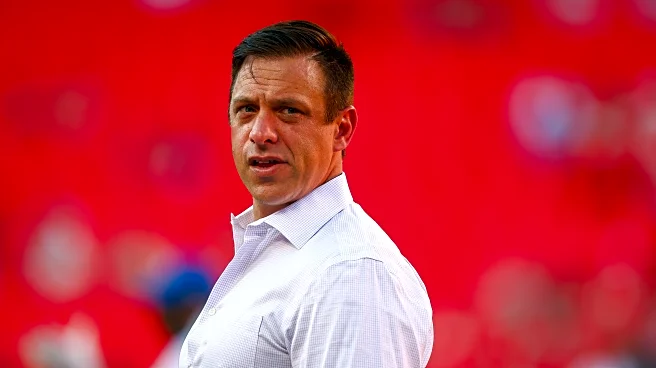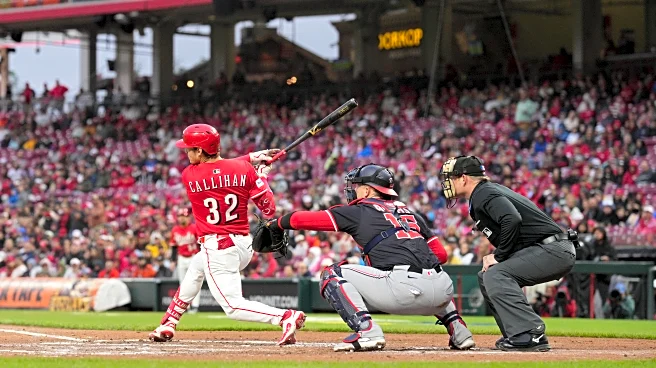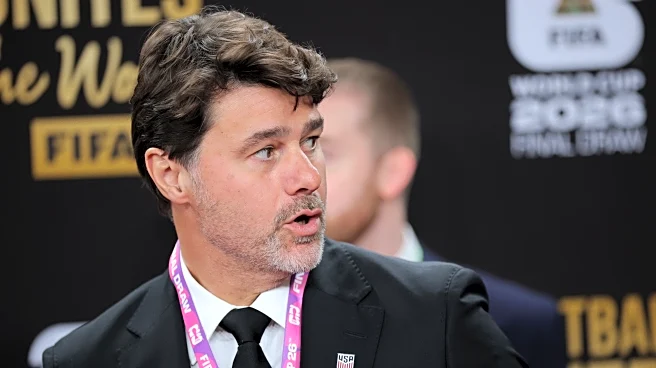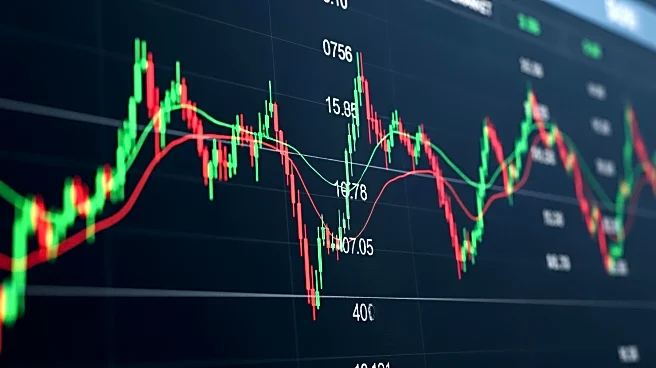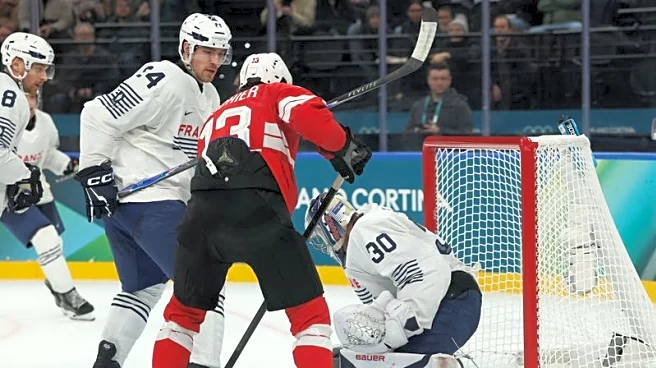By Jeff Mason, Nandita Bose and Ahmed Aboulenein
WASHINGTON (Reuters) -President Donald Trump sent letters to the leaders of 17 major pharmaceutical companies outlining how they should slash U.S. prescription
drug prices to match those paid overseas, the White House said on Thursday.
Trump signed a sweeping executive order in May demanding drugmakers cut U.S. medicine prices to match those abroad, saying that if companies did not comply, the government could use rulemaking to bring prices down or pursue other measures, such as importing cheaper medicines from overseas.
Trump sent the letters to the chief executives of Eli Lilly, Sanofi, Regeneron, Merck & Co, Johnson & Johnson, and AstraZeneca, among others, after industry proposals on implementing his order fell short, the president said. Copies of the letters were posted on his Truth Social account.
Shares of Pfizer and Eli Lilly dropped about 2% each, while the NYSE Arca Pharmaceutical Index was down 2.4%.
Trump called on drugmakers to provide so-called most-favored-nation prices to every patient enrolled in the government Medicaid health program for low-income people, and to guarantee such pricing for new drugs.
The policy is aimed at cutting U.S. prescription drug prices to the lowest possible price paid by members of the Organisation for Economic Co-operation and Development, which includes most of the world's largest economies.
Trump also said companies must return excess overseas revenue to U.S. patients and taxpayers, but did not provide details on how that would work or what he meant by excess revenue.
He is requiring drugmakers to stipulate they would not offer other developed nation better prices than what they offer the United States, and said his administration would provide ways to cut out middlemen and sell directly to patients, provided they do so at most-favored-nation prices.
He gave the companies until September 29 to respond with binding commitments to those terms.
If drugmakers refuse to step up, Trump wrote in the letters, the administration will "deploy every tool in our arsenal" to end "abusive drug pricing practices."
U.S. patients pay by far the most for prescription medicines, often nearly three times more than in other developed nations. The country also invests heavily in pharmaceutical research and development. Drugmakers have said drastic price cuts would stifle innovation.
Pfizer spokeswoman Amy Rose said the company is working closely with the Trump Administration and Congress to improve access and affordability for American patients. "Our discussions have been productive," she said.
The letters are unlikely to make much difference, said one drugmaker lobbyist, who asked not to named as they were not authorized to speak publicly, noting that the Trump administration has already pushed for voluntary changes and that some companies have already pledged to build new U.S. manufacturing plants.
With little support in the U.S. Congress for most favored nation pricing, major, lasting reforms were unlikely, the lobbyist said.
(Reporting by Jeff Mason and Nandita Bose in Washington; additional reporting by Patrick Wingrove in New York, Ahmed Aboulenein in Washington, and Chrishy Santhosh in Bengaluru; Editing by Chris Reese and Bill Berkrot)
